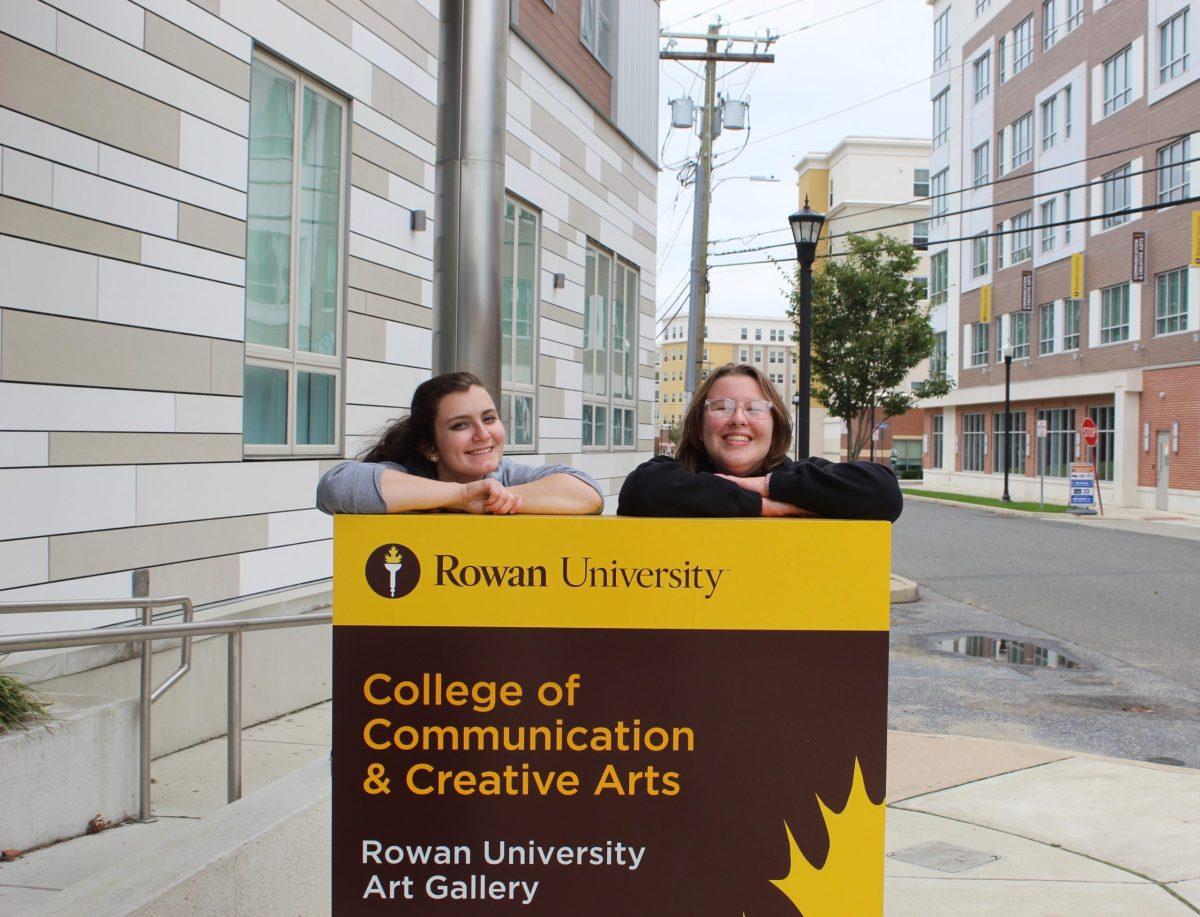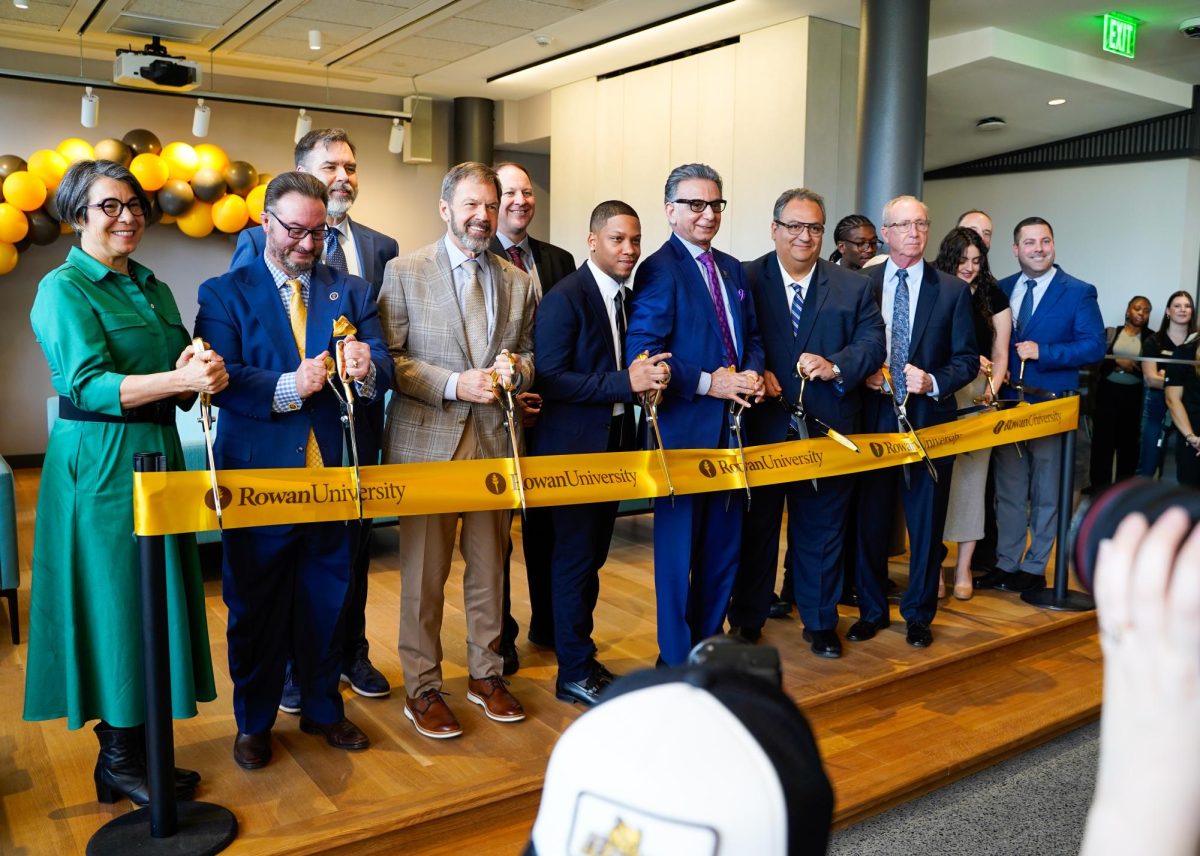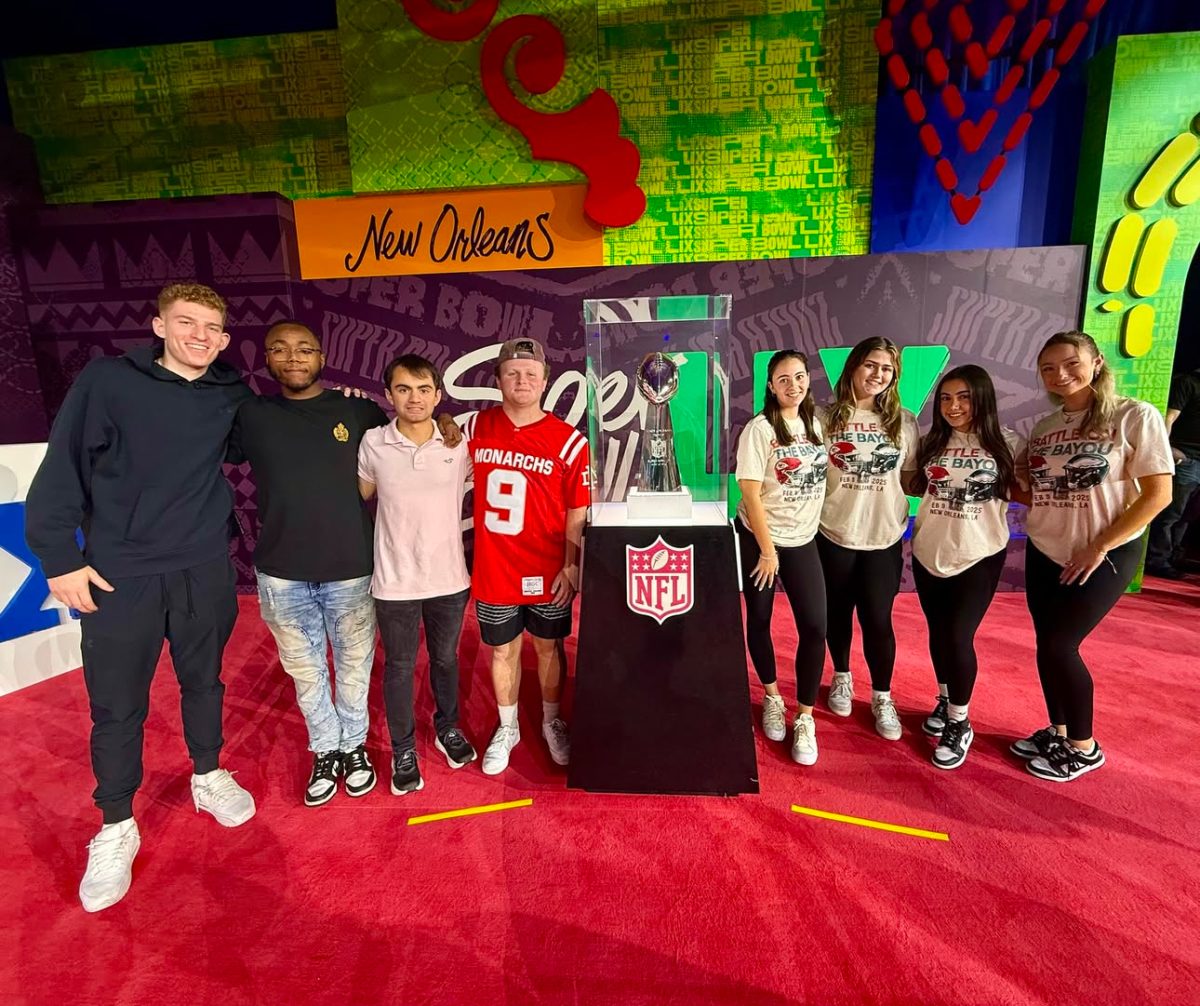The Center for the Advancement of Women in Communication at Rowan University had its inaugural event on Wednesday, Oct. 14, a workshop called “100 Years of Speaking through the Ballot: Women and Political Communication.” Roughly 140 students, faculty, and other participants were present for the virtual workshop.
The Center for the Advancement of Women in Communication is an affiliate of the Lillian Lodge Kopenhaver Center for the Advancement of Women in Communication. Its founder, Lillian Lodge Kopenhaver, a Rowan alumna and dean emeritus of the School of Journalism and Mass Communication at Florida International University (FIU), joined for the joint program’s launch.
“We at the Lillian Lodge Kopenhaver Center for the Advancement of Women in Communication at FIU in Miami are excited about the collaboration between our two universities and opportunities for all our students,” Kopenhaver said. “Our two universities will be working together over the next years to share programs and ideas, like this workshop today.”
Their first-ever workshop featured two guest speakers regarded for their contributions to both communications and feminism.
Dr. E. Michele Ramsey, associate professor of communication arts/sciences and women’s studies at Penn State, Berks, was one of the guests. Ramsey is well-known in the world of feminism for her contributions to various journals. She recently co-authored a new book called “Major Decisions: College, Career, and the Case for Humanities.”
Ramsey shared with guests her perspective as a suffrage historian, which is fitting considering the workshop celebrated the first centennial of women’s suffrage since Congress ratified the 19th Amendment on Aug. 8, 1920, giving white women the vote.
“1900-1920 is what I studied as a whole, which is often called the ‘doldrums’ for suffrage historians because not a lot of policy change happened at that time. What I argue is that while there wasn’t a lot of policy change, there was a lot of important rhetorical inventions happening for the suffrage movement,” Ramsey said.
Ramsey stated that the advent of progressive legislation, affordable automobiles, and World War I contributed to the women’s suffrage movement.
“The nature of combat during World War I had changed; we had all these technological changes, which meant that an important part of the war effort wasn’t just fighting. You had munitions now. You have women going overseas as nurses,” Ramsey said. “So what suffragists did was they used that work women were during World War I as an argument for enfranchisement based on a redefinition of what it meant to be a loyal citizen.”
Ramsey said that it is critical to note the racism often found in the early suffrage movement and pointed out that these images exclude African Americans and people of color.

Ramsey showcased various cartoons from the early 20th century, which, according to her, were essential steps to changing the narrative around women’s roles in society.
“They took those traditional notions and put them in these contemporary settings, which allowed the visual rhetoric to work, to reconstruct women as commendable, essential, and smart parts of the war effort. They were able to recreate and recast the idea of womanhood, and the idea of a loyal citizen,” Ramsey said. “They took on their primary rhetorical constraint — which is their gender roles, being female. They took those on specifically in these war cartoons and showed that they were doing the kind of work that other people were rewarded with enfranchisement for.”
Ramsey stated that today’s people could learn from these tactics to continue changing people’s “traditional” views on what being a woman should be. At the crux of this topic is the idea that women are better suited for caretaking jobs.

Heather Simmons, a Gloucester County freeholder and director of university business outreach at Rowan, followed Ramsey’s presentation.
Simmons received a “Women to Watch Award” from South Jersey Biz magazine. She was named “Woman of the Year, Women in Communications” by the Gloucester County Commission on Women. Simmons received an MA in Public relations at Rowan.
Simmons shared her perspective on the struggles of breaking the molds of the prominently masculine-leaning power structure that Ramsey highlighted.
“I think that it’s engaging, as the first woman freeholder in Gloucester County who is not a grandmother, I’m also one of the first women who has what we can construe as traditionally male roles on the board,” Simmons said. “In fact, when I was first appointed to my position, I was asked if I preferred to oversee health or senior services, a role that was more traditionally feminine. I said no, I’m more than happy to take on the roles that I was assigned.”
Simmons stated that as Gloucester County freeholder, she oversees public works like engineering, roads and highways, the county fleet, mosquito control, and snow removal, and serves on the solid waste advisory commission.
According to Simmons, only 29% of New Jersey freeholders are women, while about 34% of the state legislature comprises women. She also stated that it was time for a change in her government.
“In my first two years on the board, it was very difficult to be taken seriously. I am one of the younger freeholders, and I’m only 4-foot, 11 inches, just on their initial read on me, perhaps I’m not taken seriously,” Simmons said. “I find that as a woman, communications professional, and now as an elected official, the way I can combat this is to be the expert on whatever subject we are approaching.”
Simmons argues that, as a woman, it takes time to build up your credibility when dealing with predominantly male fields. Simmons and Ramsey followed this with a Q&A session for students.
Students can look forward to more workshops at The Center for the Advancement of Women in Communication at Rowan University in the coming months.
For comments/questions about this story, email [email protected] or tweet @TheWhitOnline.

























































































































































!["Working with [Dr. Lynch] is always a learning experience for me. She is a treasure,” said Thomas. - Staff Writer / Kacie Scibilia](https://thewhitonline.com/wp-content/uploads/2025/04/choir-1-1200x694.jpg)













































